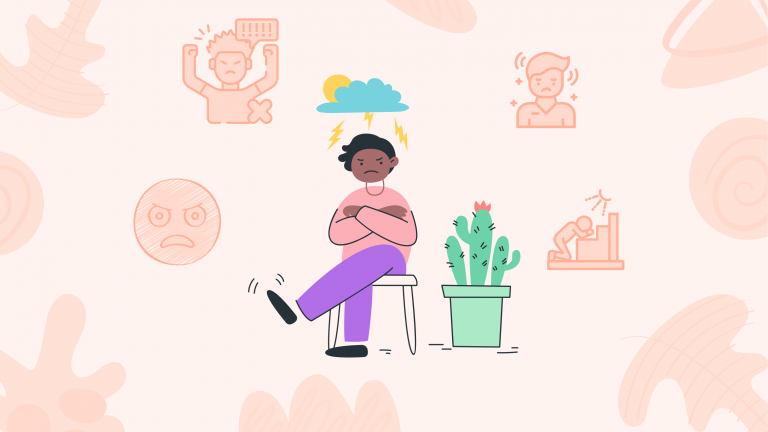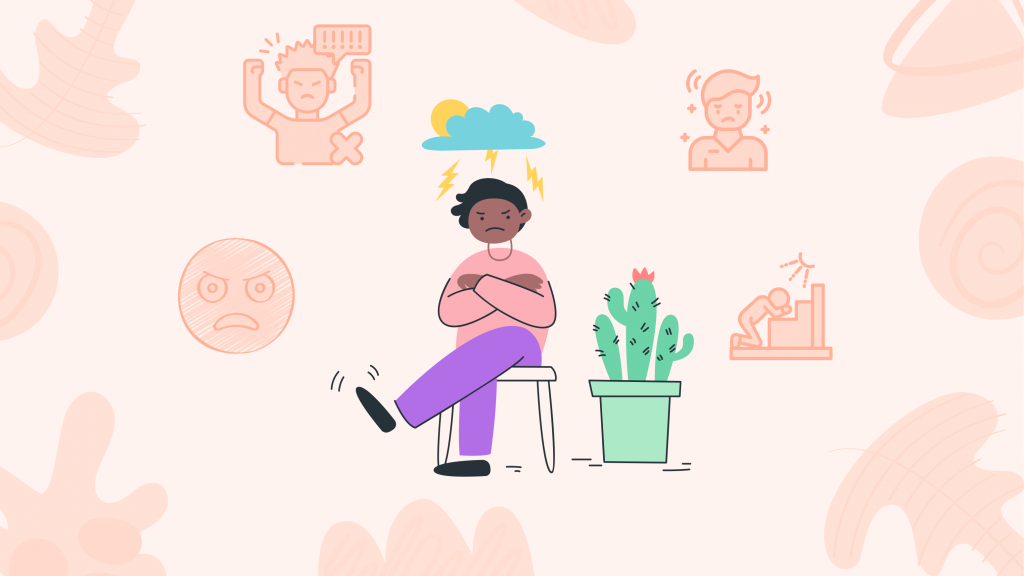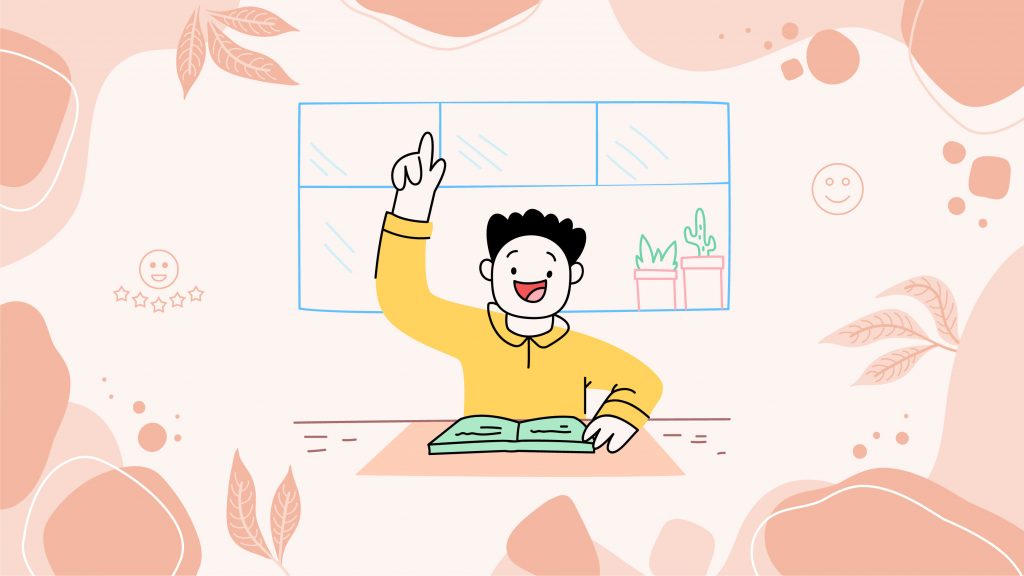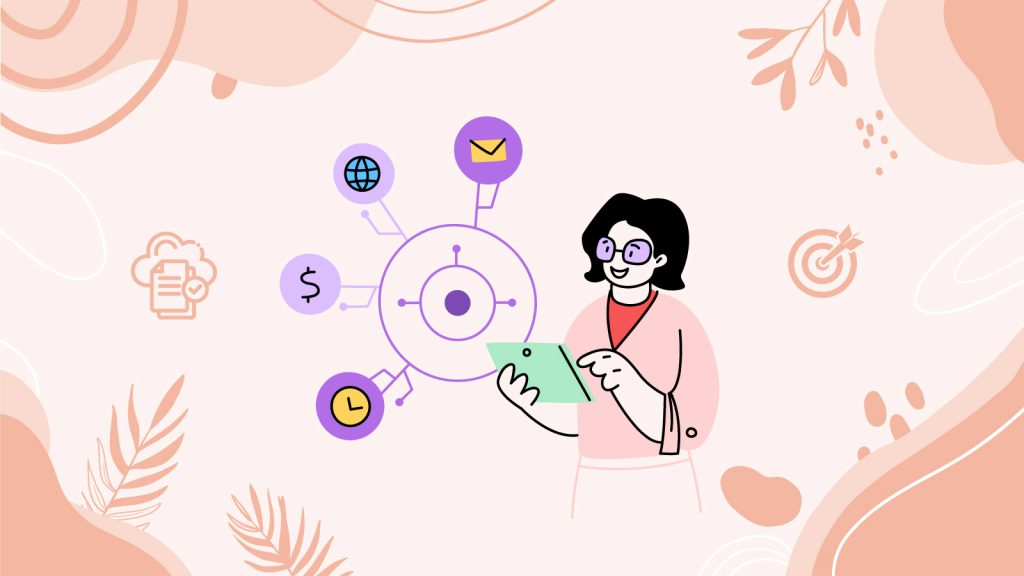Flames Over Fluff
It’s a scenario many of us know too well: a misplaced item, a forgotten task, or a trivial misunderstanding leads to an outburst towards someone we deeply care about. The aftermath? Regret, guilt, and a puzzling sense of why we reacted so strongly in the first place. These moments of heated exchange over seemingly minor issues can strain the most robust relationships, leaving us to wonder why we sweat the small stuff and how to prevent these emotional wildfires.
The Sparks Beneath
So, why do we find ourselves getting angry over the little things, especially with those closest to us? It boils down to a cocktail of stress, familiarity, and neurological triggers. Our brain’s amygdala, responsible for processing emotions, can become hypersensitive due to stress or fatigue, interpreting minor annoyances as significant threats. This “fight or flight” response is compounded by the closeness of our relationships. With those we love, our emotional defenses are down, making us more susceptible to overreactions.
Moreover, the release of stress hormones like cortisol can amplify these reactions, disrupting our ability to respond calmly. Our prefrontal cortex, which helps with reasoning and self-control, can be overwhelmed, leading to a temporary lapse in judgment and an outburst we might later regret. This neurochemical imbalance illustrates why, in the heat of the moment, our capacity for rational thought can take a backseat to emotional explosiveness.
Steering Through the Storm
Immediate Actions:
- Pause Before You Ignite: Give yourself a momentary halt before responding. Even a few seconds of breathing can provide the space needed to prevent an emotional spark from becoming a blaze.
- Cool Down: If you’re heated, excuse yourself from the situation until you can approach it with a cooler head. Physical distance can be a powerful tool in regaining emotional equilibrium.
- Express, Don’t Explode: Learn to communicate your frustrations in a way that’s not accusatory but focuses on how the situation makes you feel. Use “I feel” statements rather than “You make me feel.”
Long-Term Practices:
- Stress Management: Incorporate regular practices that reduce stress and improve your overall emotional resilience, such as exercise, meditation, or hobbies.
- Reflective Listening: Make a habit of truly listening to and reflecting on what the other person is saying, rather than preparing your next argument. This practice fosters empathy and understanding.
- Seek Understanding: Try to see the situation from the other person’s perspective. Often, what seems minor to you might be significant to them, and vice versa.
Subscribe to newsletter
Get your Gut Health Starter Guide right now.
Elevate your Tuesdays with practical, science-backed wisdom propelling you forward on your gut health journey.

From Storms to Serenity
Jasmine’s story shines a light on the transformative power of managing minor conflicts with grace. “I used to be quick to anger over the smallest things my partner did, from leaving dishes in the sink to misplacing the remote. It wasn’t until I found myself yelling over a misplaced pair of socks that I realized how damaging my reactions were becoming to our relationship,” she shares.
Jasmine took steps to understand the root of her overreactions, recognizing stress and unchecked emotions as key culprits. “I started practicing deep breathing whenever I felt that surge of irritation. I also made it a point to express how I felt calmly, focusing on ‘I feel’ statements instead of casting blame.”
The results were transformative. “Our home became more peaceful, and our conversations more constructive. I learned that it wasn’t about the socks or the dishes but how I allowed these minor issues to affect me. By taking control of my reactions, I not only improved our relationship but also found a deeper sense of calm within myself.”


















